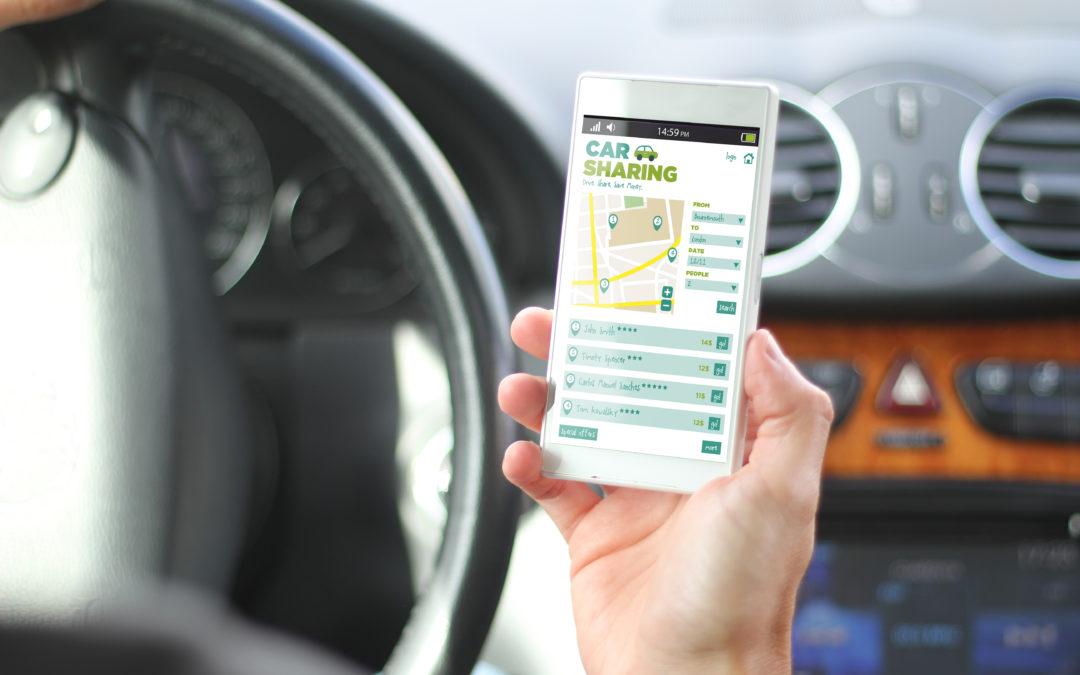Much to the chagrin of traditional taxi companies, rideshare platforms such as Uber and Lyft are taking the transportation industry by storm. They are not only helping millions of customers to get where they need to go, but also they are providing jobs for a host of energetic new entrepreneurs. If you’re thinking about joining the fad and getting your car on the road for profit, here is what you need to know about rideshare insurance coverage.
Why Do You Need Rideshare Coverage?
You probably shell out a nice chunk of change for your personal automobile insurance, and it is certainly tempting to assume that you are already protected and do not need to get an additional policy to cover your rideshare business. The problem is, you might not be shielded from liability if an accident occurs while you are working, and you could face a financially and emotionally ruinous lawsuit as a result.
The critical question is this: What type of insurance does your rideshare company offer? Does it go into effect only after you have accepted a ride? Is it reduced or nonexistent if you have turned on the app but are not involved in an actual ride when the accident occurs? If you are not fully covered at any point in time during your work day and you don’t have a commercial auto policy, you need rideshare coverage, which is a specialized type of business insurance.
How Do I Buy Rideshare Insurance?
Companies such as Uber and Lyft are quickly changing the entire transportation landscape. Even so, rideshare coverage is still not available in all states. Check with your company’s website to see if coverage is available where you live. If it isn’t, you will need to buy a commercial auto insurance policy. Although it carries with it a higher liability limit, it is also quite expensive, with policies running anywhere from $1,200 to $2,400 annually.
When the time comes to purchase your coverage, be sure you let your personal auto insurance company know about your new business. If they find out about it from another source, your policy could be terminated.
Next, ask your rideshare company about their coverage, taking careful note of any gaps or loopholes between this coverage and your personal insurance. Find out from your personal insurance agent if their company carries additional rideshare coverage that can dovetail into your existing insurance.
The Worst Case Scenario
No matter how carefully you drive, accidents happen. If you work for Uber or Lyft and get into a crash while you are going to pick up someone or a passenger is in your vehicle, they will cover up to $1 million in medical costs and other damage even if the other driver has no insurance or is injured. If your own insurance has comprehensive or collision coverage, you can draw on it as well as similar coverage sponsored by Lyft and Uber.
If the accident happens while you have no one in your car and are not driving to pick up someone, look to your personal insurance. If your company denies the claim or only partially reimburses you, you can file with Lyft’s or Uber’s coverage.
Congratulations on making the decision to go into business for yourself as a rideshare driver. Many people love the flexibility and contact with a variety of interesting people that come along with this type of work. Just be certain that you have a single-source or multi-faceted auto insurance coverage package that will protect you during all phases of your constantly changing work day. Then start your car, turn on the app and wait for your first passenger call.

